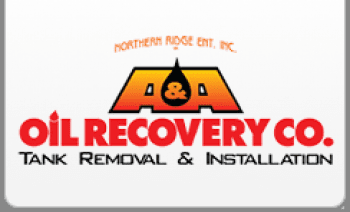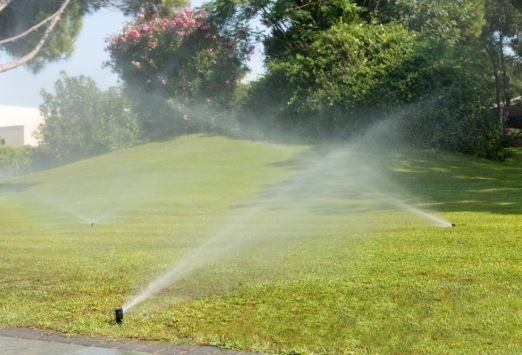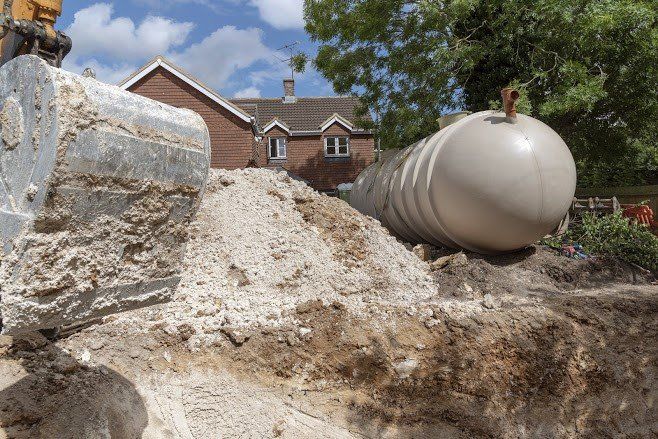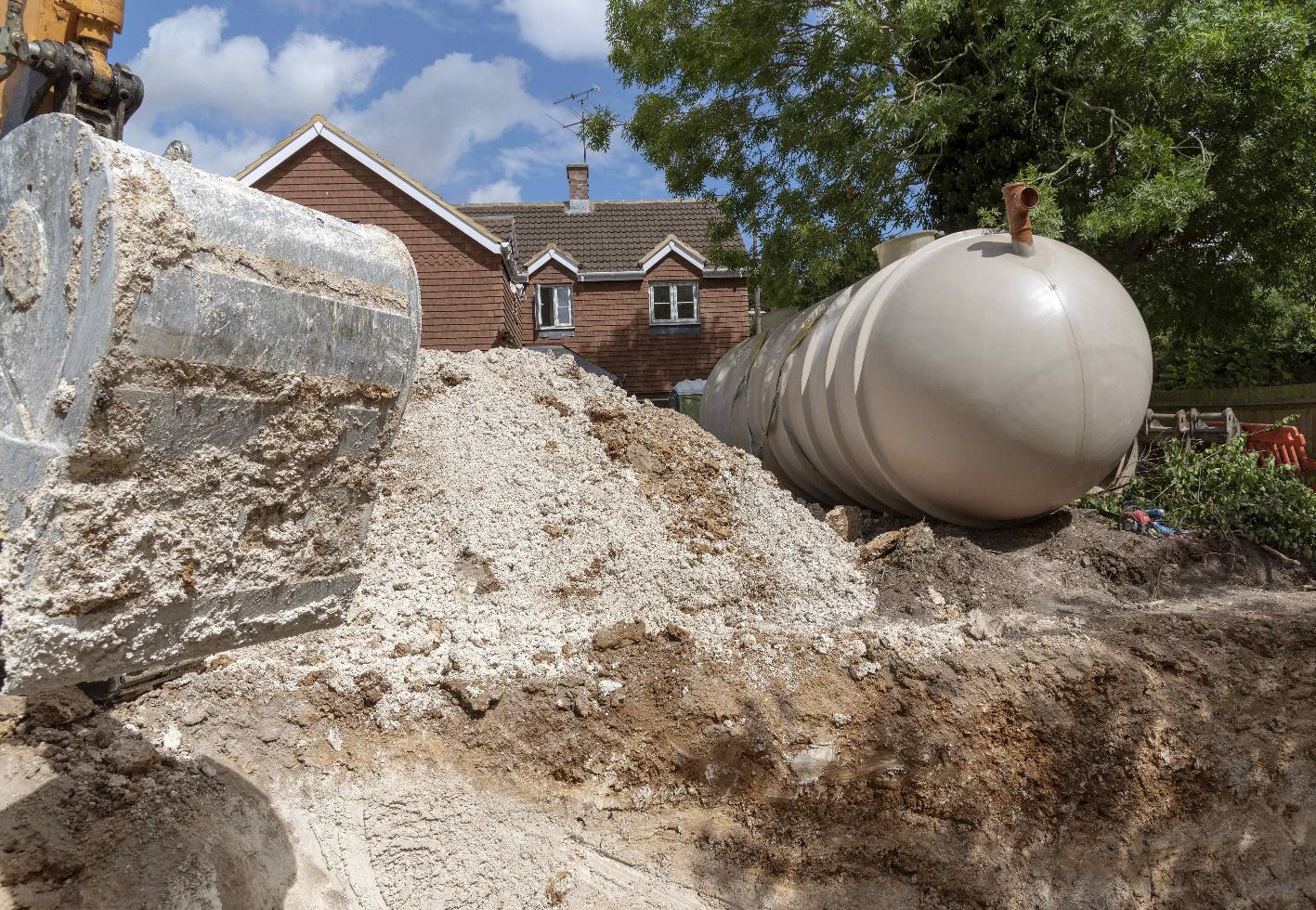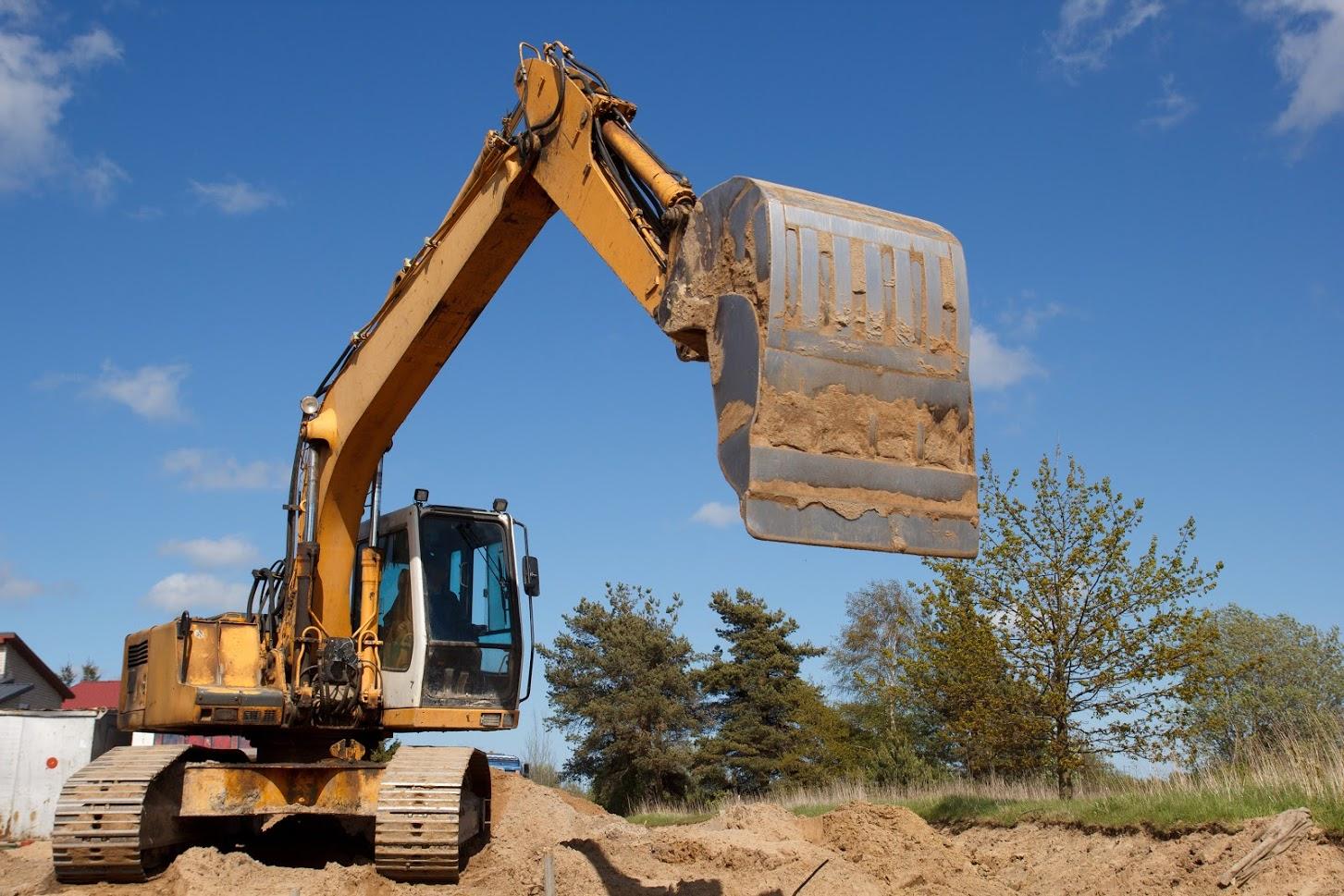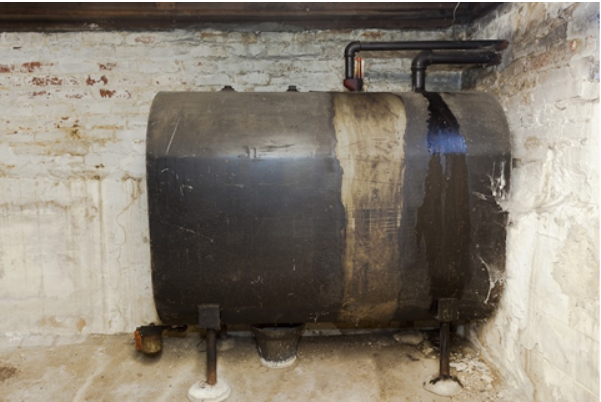Blog Layout
3 Most Common Yard Hazards to Mark Before an Oil Tank Removal
The home inspection phase of most real estate transactions usually passes with only minor issues to negotiate. Occasionally, however, a home inspection includes some surprising information, such as the discovery of an underground storage tank, or UST, that can complicate or even cancel a home purchase transaction.
Can Sellers Be Unaware?
In some cases, homeowners can be unaware of an underground oil tank. In the past, these large tanks were commonly installed to hold a sufficient supply of heating oil to warm homes through harsh winters. As these older homes underwent heating system updates, previous homeowners may have chosen to stop using heating oil and switch to another source, such as gas or electricity.
If you buy an older home that once had oil heat but has now been updated to gas or electric heat, some or all of the visible connections and pipes to the underground heating oil tank may no longer be visible. Any pipes and connections that projected from the ground may have been removed. Those near the home's foundation may have become obscured by structural changes or shrubs and landscaping plants.
As years pass and the home undergoes more changes in ownership, an underground storage tank that has not exhibited noticeable signs of collapse or developed noticeable leaks could easily go undetected.
What Risks Do USTs Have?
Underground storage tanks, especially those that store petroleum or chemicals, are potentially hazardous. The Environmental Protection Agency (EPA) considers USTs hazardous on the federal level, and the New Jersey Department of Environmental Protection (NJDEP) does on the state level.
Possible risk of injury or damage to humans, animals, and property can occur from the collapse of a corroded tank. Additionally, leakage from the tank's contents is a known threat to the health and safety of drinking water supplies throughout the area and the environment.
How Should Buyers Proceed?
Like all parts of a real estate contract, the inspection phase offers an opportunity for negotiation between both parties. Since these negotiations are time sensitive, the first step for buyers should be to review both the home inspection report and their real estate purchase contract with their agent, taking note of all applicable dates, timelines, and options.
The buyer's agent or broker will also be able to provide general UST information and offer their insight on any specific details that apply to this particular transaction. The home inspector should also be contacted to expound and clarify information in their report and details about their discovery of the UST during their site inspection of the property.
Buyers will then be able to make an informed decision. They can either seek to negotiate a reasonable solution to the problem, such as professionally removing the underground tank, or opt to exercise their inspection contingency to withdraw from the contract and cancel the transaction.
Buyers who choose to move forward will need to open negotiations with the seller regarding all aspects relating to the safe, legal removal of the underground storage tank. This includes an agreement on how landscaping damage or changes that may occur during the UST removal process will be addressed.
Must USTs Be Removed?
While the NJDEP does allow proper abandonment of USTs in some instances, the process requires several steps, including removing the tank contents and filling the empty tank with cement slurry or another stabilizing substance.
Because most mortgage lenders and home insurance providers have liability concerns with an existing underground storage tank, complete removal is often the best choice for both sellers and buyers.
Buyers and sellers involved in the home inspection negotiation process regarding a newly discovered underground storage tank will find the advice and expertise of a reputable tank removal service to be helpful in coming to an agreement.
Contact any of our experienced professionals at A & A Oil Recovery Co. We will help both buyers and sellers more easily understand and develop a workable strategy for the complete removal process, including obtaining permits and complying with applicable local, state, and federal laws.
Share
Tweet
Share
Mail
Contact Information
A & A Oil Recovery Co
Address: Wayne NJ 07470
Phone: 973-709-1700
Email: info.aaoil@gmail.com
Address: Wayne NJ 07470
Phone: 973-709-1700
Email: info.aaoil@gmail.com
Join Our Mailing List
Contact Us
Thank you for contacting us.
We will get back to you as soon as possible.
We will get back to you as soon as possible.
Oops, there was an error sending your message.
Please try again later.
Please try again later.
Browse Our Website
Contact Information
A & A Oil Recovery Co
Address: Wayne NJ 07470
Phone: 973-709-1700
Email: info.aaoil@gmail.com
Address: Wayne NJ 07470
Phone: 973-709-1700
Email: info.aaoil@gmail.com
Join Our Mailing List
Contact Us
Thank you for contacting us.
We will get back to you as soon as possible.
We will get back to you as soon as possible.
Oops, there was an error sending your message.
Please try again later.
Please try again later.
Content, including images, displayed on this website is protected by copyright laws. Downloading, republication, retransmission or reproduction of content on this website is strictly prohibited. Terms of Use
| Privacy Policy
